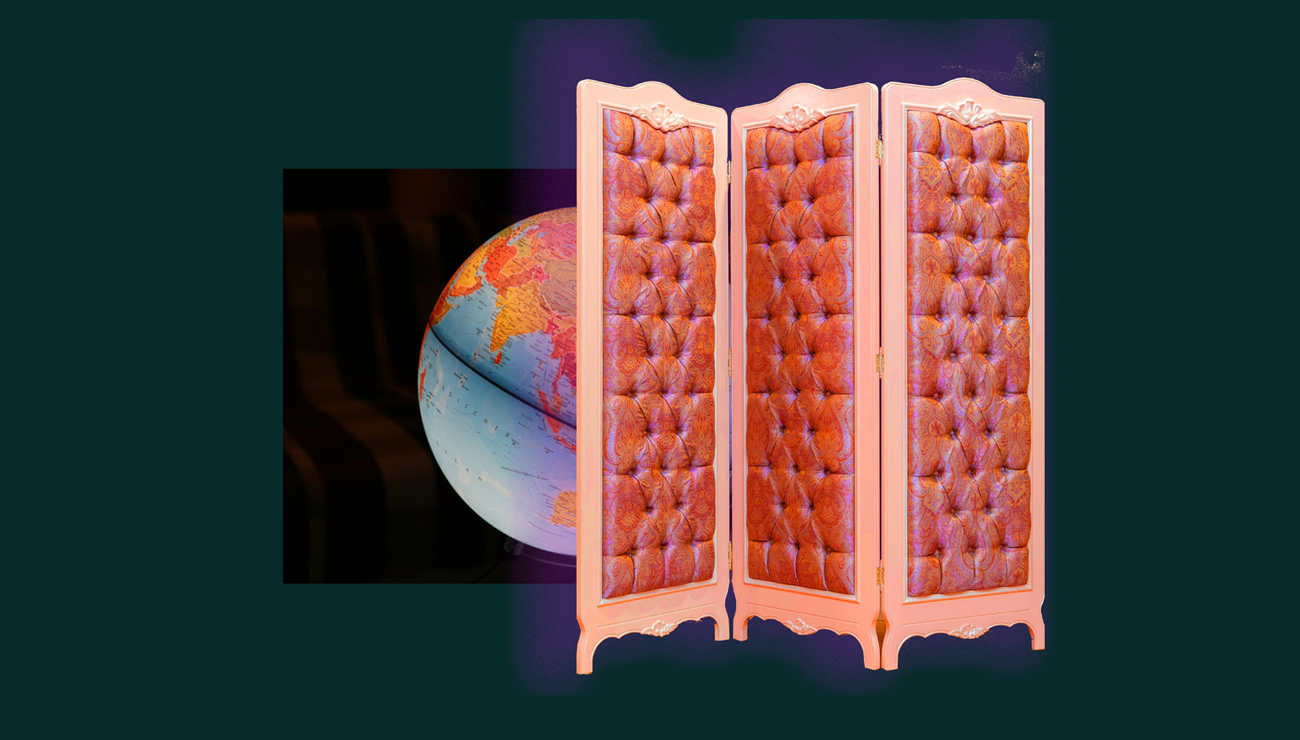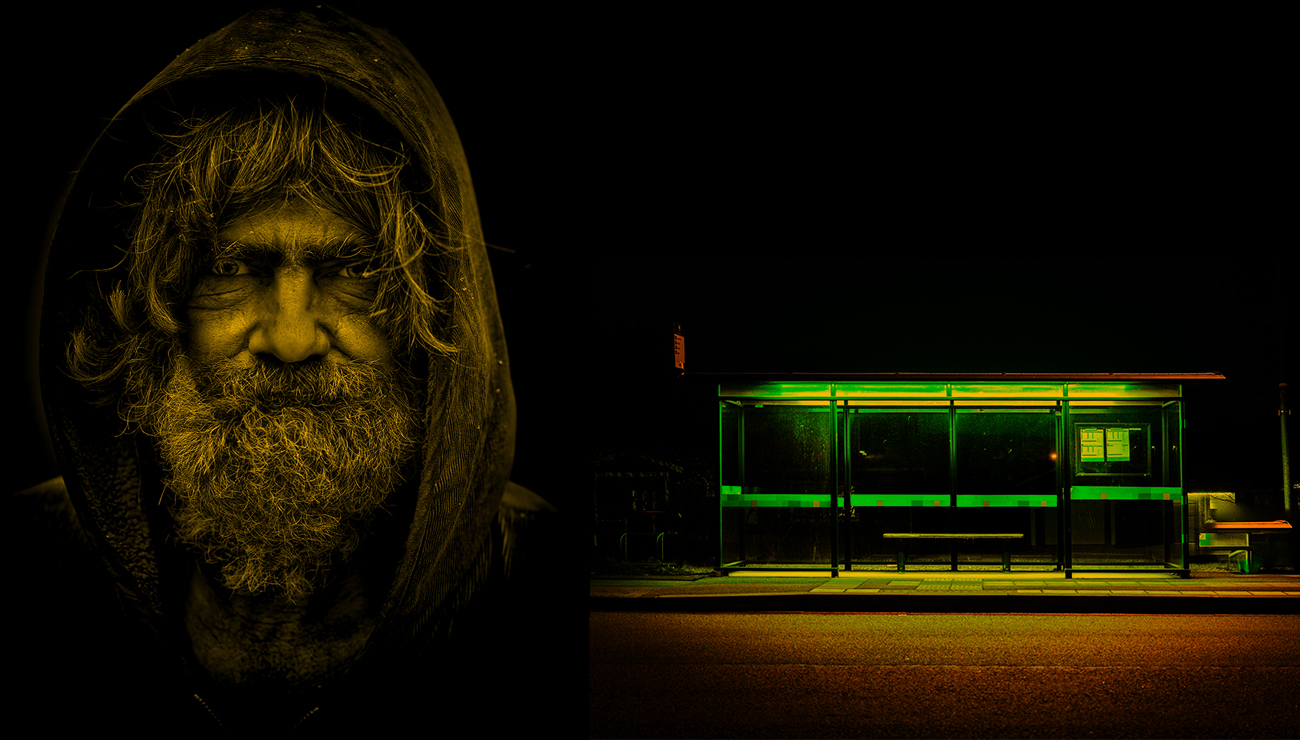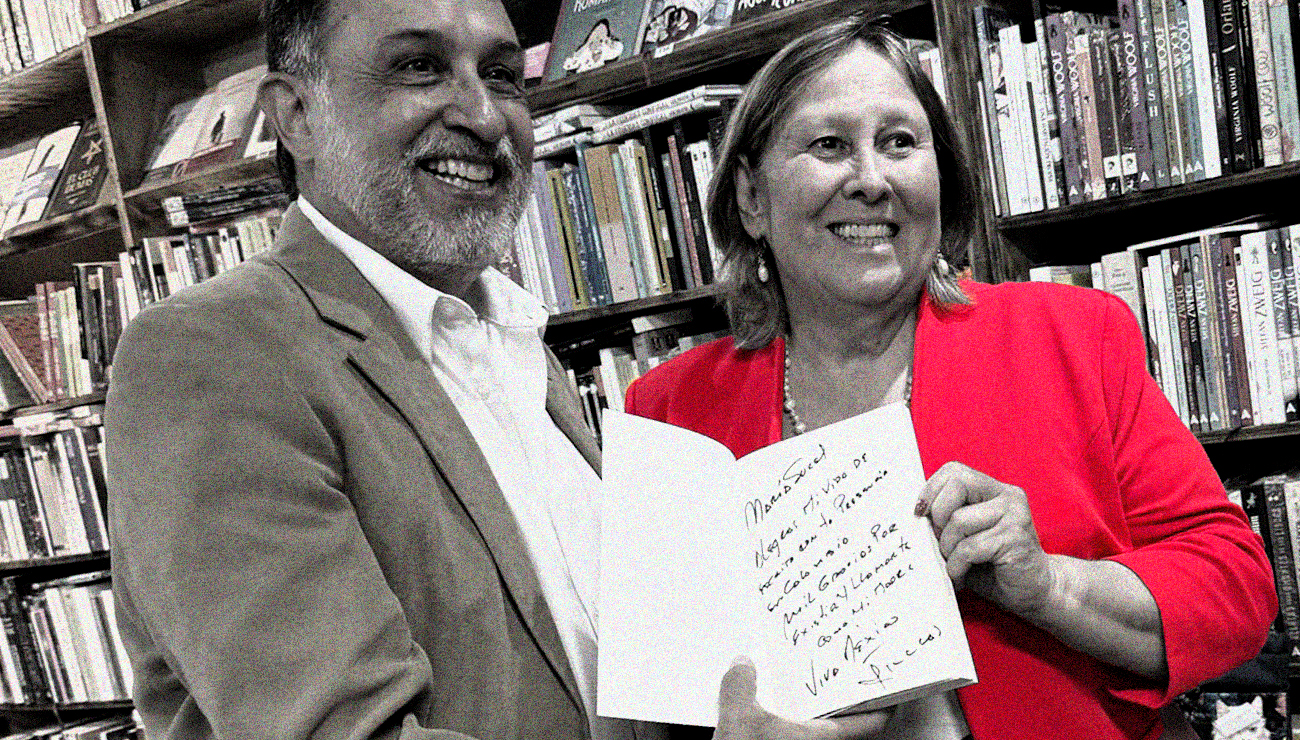
A Planetary Choreography: Each Tragedy Serves as a Screen to Hide Another
Autor: ©2025 William Castano-Bedoya
“TREE-MILE CHRONICLE” on how words, violence, and global power intertwine in a dance of distractions
I went out for a walk knowing the streets were littered with fallen trees and hundreds of air plants ripped off by the wind, now lying on the asphalt. The scene was almost macabre. As if the living beings of nature themselves needed storms to shake off their own kind: immigrants in this country, Palestinians in that land to whom barely a corner of the world has been assigned, Uyghurs lost in China’s immensity, stateless sailors adrift in the Mediterranean. Just a few among the millions of persecuted and hunted human beings.
The storm of the previous afternoon had squeezed the trees of Coral Gables, bending branches and leaving puddles that reflected a still-gray sky. I walked on and felt that nature itself was shaking, as if it wanted to expel the chill of our era.
It was the same chill left by the headlines: the assassination of Charlie Kirk; the bullet in the president’s ear, appearing on stage as an echo of the same case; Democratic congressmen fallen to fanaticism. A chill that does not belong only to human bodies, but also to the air, to the streets, to the trees that groan when the storm passes.
The times of unrecognized genocides, of deferred exterminations, of bullets crossing parliaments and squares as if they were part of political debate, have not disappeared. They now reappear with greater force, aided by the technologies developed by exterminators who claim they are defending themselves. And yet, as I walk, I realize nature needs no ideology to tremble. It shudders because it knows humans have turned power into a license to destroy each other.
The right to speak out is not complicity, even if voicing an opinion can push you to the cliff’s edge of some steep path. The First Amendment in the United States and international human rights treaties protect the act of criticizing, denouncing, and naming injustice. That voice is not a political alliance nor a military complicity: it is an act of citizenship. The opposite would be to accept that every word recruits us into a trench.
But the risk of conflict rhetoric is real: in times of both conventional and ideological wars, now sieged by artificial intelligence (walls talk), every word is appropriated by someone. Criticizing Israel may sound like enemy propaganda. Criticizing Palestine may seem like justification of occupation. Naming genocide means immediately assuming the condition of enemy. That binary logic turns the speaker into an involuntary soldier, even if their intent is compassion or justice.
And yet, words sometimes pay a higher price than bullets. In practice, freedom of expression has clear limits: not inciting immediate violence, not issuing credible threats, not inventing crimes against innocents. Everything else—satire, irony, political outrage—is protected. But that protection does not shield us from the market or from algorithms. At least here, the American government will not jail you, but your employer can fire you, and a platform can erase you.
That is what happened to Jimmy Kimmel, suspended after comments on Kirk’s death: it was not state censorship, but it was silencing. Meanwhile, congressmen are murdered by a political follower, and a president is struck by bullets that pierce even institutional armor. We punish words more harshly than bullets. A joke may cost a job; a burst of gunpowder may cost a country.
No wonder, then, that the entire world has turned into a planetary choreography of distractions. If you want to hide the extermination in Gaza, just give Russia center stage for a week with its invasion of Ukraine. If you want to dilute the impact of Kirk’s assassination, keep reminding everyone of Democratic congressmen struck down by fanaticism. If you want to bury the Epstein case, parade the kings of England in their golden carriage. If you want to whitewash Russian repression, recast it as an eternal fight against Nazism. If you want to silence Chinese purges, showcase their economic growth as a miracle that justifies all. If you want to mask African pillage, organize climate summits that sow speeches while mines stay open. And so on: each tragedy serves as a screen for another… and global rhetoric becomes a hall of mirrors that entertains humanity until it becomes complicit without realizing it. Now I understand why the trees of Coral Gables shiver.
We live in a time when mass death needs adjectives to exist. Experts debate whether certain killings qualify as genocide, as if human pain depended on a legal seal. How absurd: mass deaths and genocides are different categories, but both mean the same radical negation of life. We speak of “undeclared genocides,” as if what is unnamed stopped being real. And while jurists dispute words, bodies keep piling up under history’s rain.
The storm passes, the trees straighten, the air clears again. But the lesson remains: freedom is fragile infrastructure, like branches that bend but do not break. Our task is to name with precision, resist the temptation of repeating slogans, and above all, remember that words are borders. They can separate justice from injustice, what saves from what kills.
Because in the end, history will not remember what we kept silent, but how we dared to name injustice without becoming executioners.
The Sky Also Belongs to the Beggars
Once upon a time in Grámmata, Medellín
A Planetary Choreography: Each Tragedy Serves as a Screen to Hide Another
William Castaño
William is a Colombian-American writer who captivates readers with his ability to depict both the unique experiences and universal struggles of humanity. Hailing from Colombia’s Coffee Axis, he was born in Armenia and spent his youth in Bogotá, where he studied Marketing and Advertising at Jorge Tadeo Lozano University. In the 1980s, he immigrated to the United States, where he naturalized as a U.S. citizen and held prominent roles as a creative and image leader for projects with major corporations. After a successful career in the marketing world, William decided to fully dedicate himself to his true passion: literature. He began writing at the turn of the century, but it was in 2018 when he made the decision to make writing his primary occupation. He currently resides in Coral Gables, Florida, where he finds inspiration for his works. William’s writing style is distinguished by its depth, humanity, and authenticity. Among his most notable works are ‘The Beggars of Mercury’s Light: We the Other People’, ‘The Galpon’, ‘Flowers for María Sucel’, ‘ Ludovico’, and ‘We’ll meet in Stockholm”.








